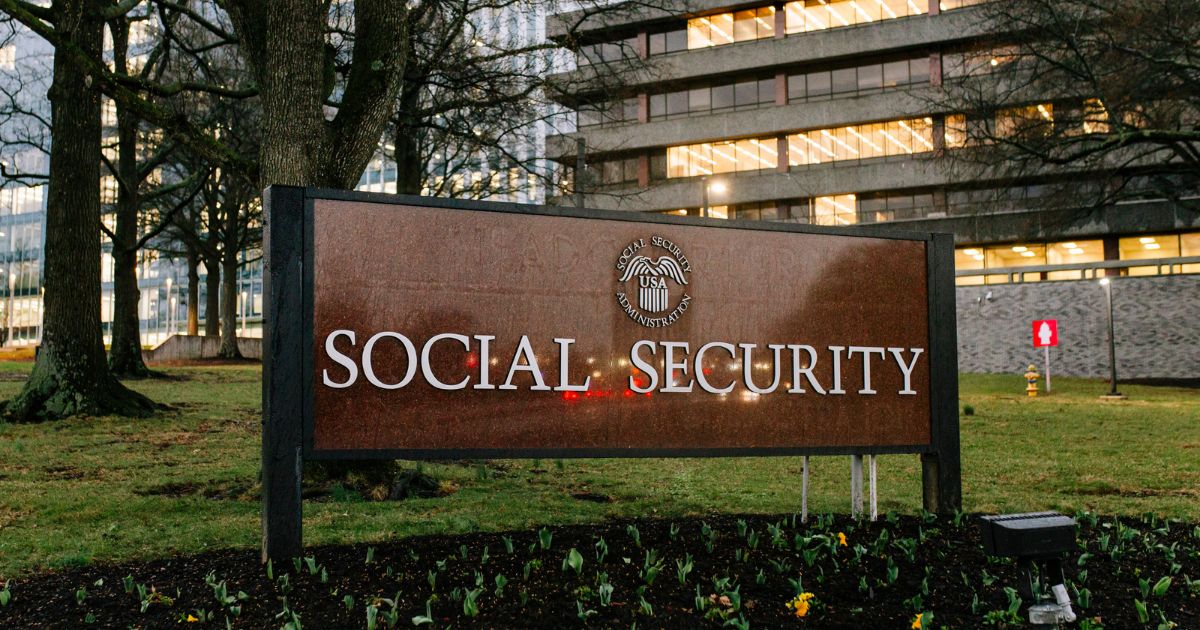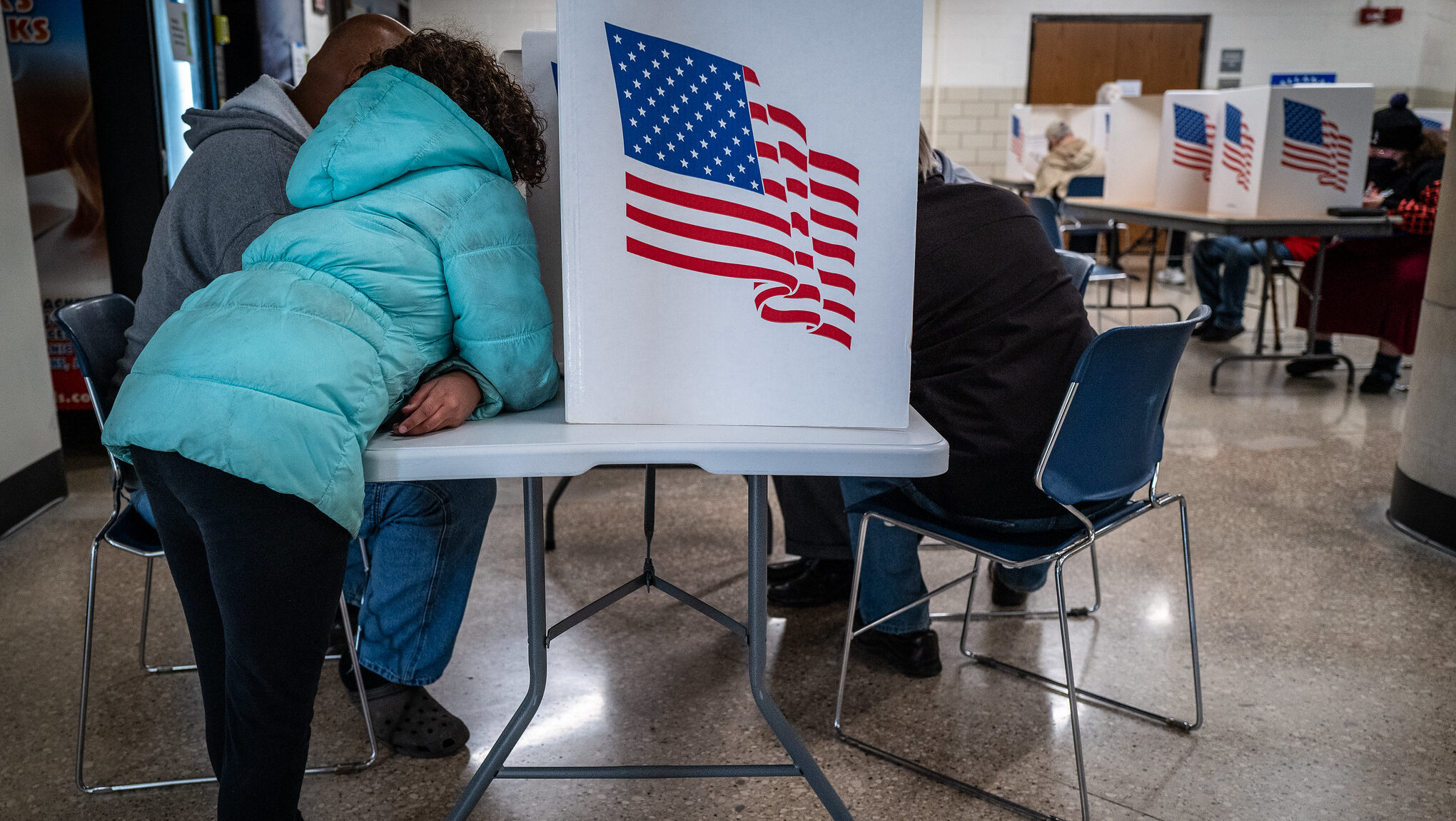Racial Preferences At Our Service Academies Are Not Essential To National Security
Oral argument in college admissions cases relating to racial preferences (Students for Fair Admissions Vs. Harvard/UNCChief Justice John Roberts of the Supreme Court inquired from Elizabeth Prelogar, United States Solicitor General, whether service academies should be created. “rise or fall” With the court’s decision concerning Harvard and the University of North Carolina. In briefing, the solicitor general and the Department of Defense (DOD general counsel) claimed that continued use of racial preferences in service academies was a violation of the Constitution. “national security imperative,” The question should be asked.
Effectively, the chief justice asked Prelogar if DOD wanted an exemption for military from any ruling against Harvard & UNC banning further racial preferences’ use. Prelogar’s responses were not sufficient to request a military carveout. However, she kept the door open and reiterated the military’s alleged intentions. “distinctive interests” In using racial preferences as well as her claims that they’re a “truly compelling interest” And “critically important” For the military.
In rebuttal arguments, the reasons why there was not were not addressed. No The national security imperative and how racial preferences harm our military.
DOD surrogates claim that officer-enlisted race demographic parity (achieved through using racial preference in military officer accession programmes such as the service schools and ROTC) is crucial to national security. However, their evidence is lacking, and it is not directly grounded in the Vietnam experience.
This absurd argument was first presented in 2003. Grutter v. BollingerIt was ruled against by the court at present. It was designed to meet the strict legal requirements.”compelling national interest”) that “strict scrutiny” It must be proven that extra-constitutional acts are justified by the suspension of the relevant constitutional provision, here the equal protection clause. The claims are disproven by the military’s most recent history.
America, let there be no doubt can be defended without suspending equal protection clause. No matter what racial difference, warfighters will obey their leaders’ orders. They need and deserve the best-qualified leaders regardless of race.
We have had the pleasure of commanding troops at various levels, including company, battalion and brigade (Gen. Brown), wing, air division and numbered air force (Gen. Fogleman), and major command and combatant command (Gen. Fogleman). Our experience with these commands led us to conclude that troops are attracted to three traits in leaders: character, moral courage, competence, and character. What determines the effectiveness of a unit is not its skin color or ethnicity.
DOD Practice Undermines Claim
DOD’s current practice undermines its claim. If DOD were serious about its claim, Army’s monthly Unit Status Report (AMR) would prove it. (Army Regulation 220-1, Chapter 5) It would be necessary to report on the racial makeup of military unit officers. All personnel reporting metrics, which were revised in August 2022 to allow Pentagon monitoring of operational unit readiness, are silent about racial characteristics. This is because the Army knows officer racial diversity is irrelevant to combat effectiveness and readiness.
The military officer racial diversity wouldn’t be affected by preferences. According to DOD in 2020Army active-duty officers (our largest service) were 27% racial minority (12.3%) black. Our military’s success has been attributed to highly qualified minorities officers for many decades.
Beginning in World War II, increasingly large numbers of outstanding minority officers have served in our military, many — on the basis of merit — reaching flag-officer rank. Today, many highly qualified minorities are reached by minority outreach programs and recruitment programs. With augmentation, they could be attracted in greater numbers without demeaning preferences.
Racial Preferences Can Be Divisive
Racial preferences in the military can be divisive, weaken unit cohesion, affect combat effectiveness and cause discord among units. They also hurt recruitment and retention of highly skilled people. Experience at West Point They are expensive, reduce merit and degrade leader quality, as has been proven. Even though the best-qualified officers are eager to serve, they also desire to be treated fairly and equally. on the basis of merit. They also know that there are slight differences between them. leader quality can determine mission success or failure and life or death.
Continual focus upon race (and preference use) undermines a unique, battle-tested, cultural norm that is essential to combat success — the “selfless servant warrior ethos.” “Warfighters must completely subordinate themselves (including subgroup identities), and unqualifiedly dedicate to the mission and their fellow soldiers, regardless of racial difference. This trust is what binds warfighters together into teams. sine qua non for unit cohesion, and effectiveness in lethal fighting.
Our republic’s founding principles would be also violated by a military carveout. If the military were to operate alone in direct contradiction of a basic standard like race-neutrality and equal protection of the laws, public trust and support for military operations would decline. This is particularly true when you consider the military’s performance over the past 40 years. There is no evidence to suggest that combat effectiveness has been affected by officer racial demographics.
Public disapproval of racial preferences (74 percent, including a majority of blacks, oppose their use in college admissions). Credible combat veterans, in large numbers, have publicly explained how racial preferences are harming the military. These circumstances would make it impossible to allow the unconstitutional, dangerous and extra-constitutional use racial preferences in admissions to service academy. This would result in the loss of public trust.
The invitation to request a military cutout was declined by Solicitor General Prelogar. It would serve our nation better if the court required that all of our service academies, Harvard and UNC, adhere to the same race-neutral, equal protection law.
Retired Gen. Arthur E. Brown Jr. of the U.S. Army is an Army vice chief of staff, former deputy director of the U.S. Military Academy, West Point, and West Point graduate. Retired Air Force General Ronald R. Fogleman is an Air Force Chief of Staff and a U.S. Air Force Academy Graduate.
From Racial Preferences At Our Service Academies Are Not Essential To National Security
Conservative News Daily does not endorse or share the views and opinions expressed in this article.
" Conservative News Daily does not always share or support the views and opinions expressed here; they are just those of the writer."





Now loading...